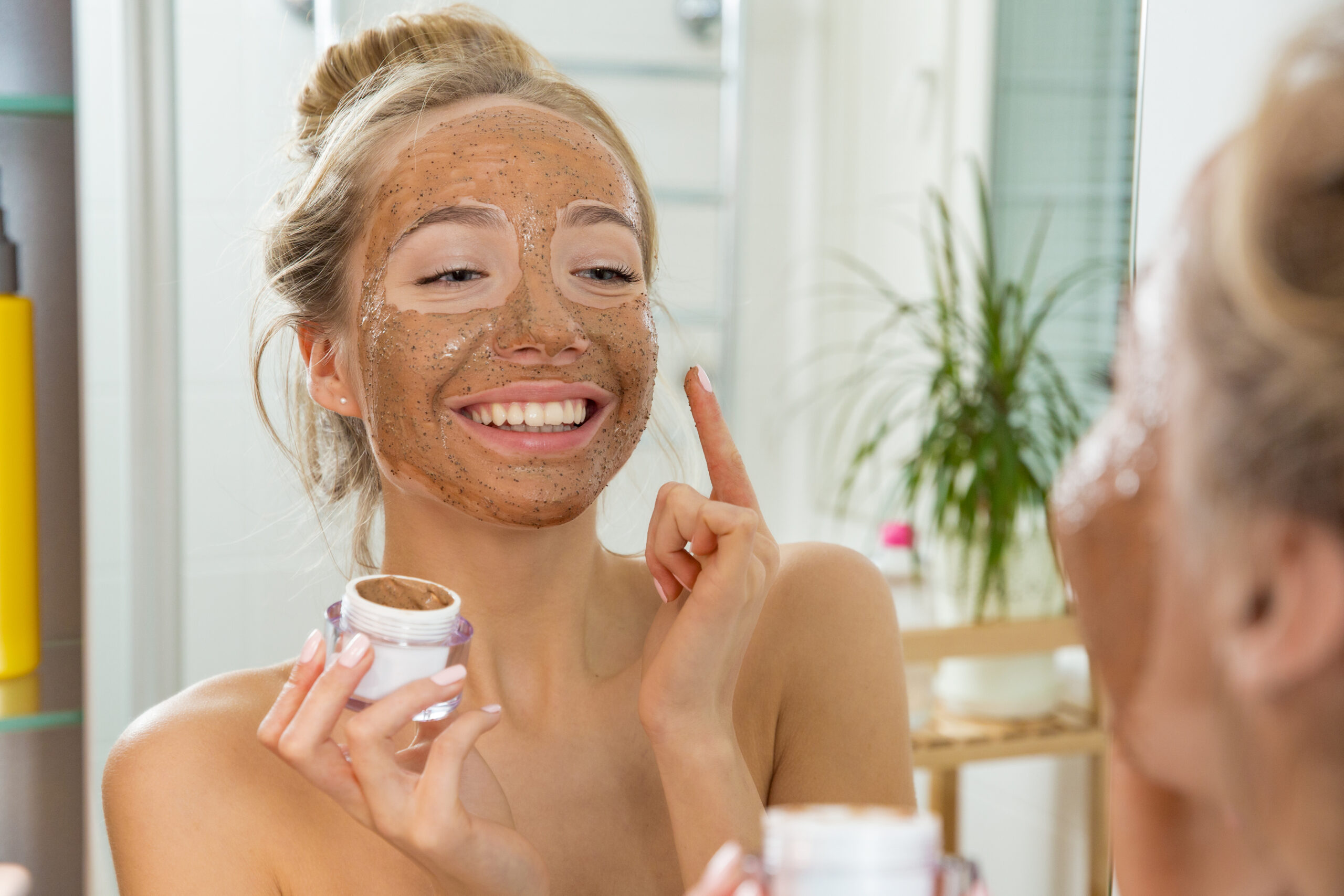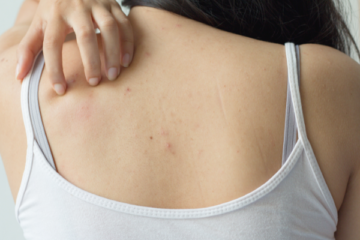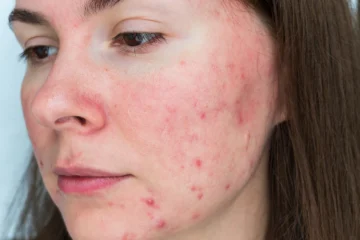Ever wondered why some people seem to glow from within while others struggle with breakouts and dullness? The secret might be on their plate. While creams, serums, and facials play a role in skincare, what you eat can have a profound impact on your skin’s health and radiance. This isn’t just about avoiding junk food—it’s about nourishing your skin from the inside out with the right nutrients. In this guide, we’ll explore the essential role of diet in skincare and reveal the foods that can help you achieve a complexion that’s as healthy as it is beautiful.
The Science Behind It
Your skin is a reflection of your internal health, and diet plays a crucial role in maintaining that health. Consuming nutrient-rich foods can enhance your skin’s natural glow, improve elasticity, and even combat common conditions like acne and dryness. Dermatologists and nutritionists agree that certain foods contain vitamins, minerals, and antioxidants that support skin health.
Dr. Jessica Wu, a renowned dermatologist, emphasizes that “You are what you eat.” She explains that foods high in vitamins A, C, and E, as well as omega-3 fatty acids, can improve skin texture and clarity. Likewise, nutritionist Joy Bauer notes that antioxidants found in fruits and vegetables can protect the skin from free radical damage, which contributes to aging and skin disorders.
Foods for Healthy Skin
Fruits
Fruits are packed with vitamins and antioxidants that are vital for skin health.
- Berries are rich in antioxidants that combat free radicals and reduce inflammation, helping to prevent premature aging.
- Oranges and kiwis are excellent sources of vitamin C, which supports collagen production and improves skin elasticity.
- Papayas contain enzymes like papain that help exfoliate dead skin cells and brighten the complexion.
Vegetables
Vegetables offer a wealth of nutrients essential for a glowing complexion.
- Leafy greens like spinach and kale are high in vitamins A and C, which are necessary for skin repair and rejuvenation.
- Carrots are loaded with beta-carotene, a precursor of vitamin A that helps maintain a healthy skin barrier and reduce sun sensitivity.
- Sweet potatoes are another fantastic source of beta-carotene and also provide vitamin E, an antioxidant that protects the skin from oxidative stress.
Nuts and Seeds
Nuts and seeds are not only great snacks but also powerhouses of skin-loving nutrients.
- Almonds are rich in vitamin E, which helps protect the skin from UV damage and keeps it moisturized.
- Walnuts are packed with omega-3 fatty acids, which reduce inflammation and keep the skin plump and hydrated.
- Chia seeds are high in fiber and omega-3s, promoting a clear and radiant complexion by reducing inflammation and keeping the skin hydrated.
Fish
Fatty fish like salmon, mackerel, and sardines are among the best sources of omega-3 fatty acids, which are essential for maintaining healthy skin.
- Salmon is also rich in vitamin D, which helps manage skin conditions like eczema and psoriasis.
- Mackerel is packed with vitamin B12, which can help prevent hyperpigmentation and dark spots.
- Sardines provide selenium, an antioxidant that protects the skin from sun damage and maintains its elasticity.
Foods to Avoid
While some foods nourish your skin, others can wreak havoc on it. Here’s what to avoid:
- Sugary foods like candies and sodas can cause insulin spikes, leading to inflammation and breakouts.
- Highly processed foods such as fast food and packaged snacks often contain trans fats and high levels of salt, which can dehydrate the skin and lead to puffiness.
- Dairy products may trigger acne in some individuals due to hormones that can affect oil production and inflammation.
The Role of Hydration
Hydration is key to maintaining healthy, glowing skin. Water helps flush out toxins, keeps the skin hydrated, and supports essential skin functions. Drinking adequate amounts of water—about eight glasses a day—ensures that your skin stays supple and elastic.
Additionally, hydration isn’t limited to water. Eating water-rich foods like cucumbers, watermelon, and oranges can also contribute to your daily hydration needs. Herbal teas are another great way to keep hydrated while offering additional antioxidants and anti-inflammatory benefits.
Sample Diet Plan
Here’s a one-day diet plan to help you incorporate these skin-healthy foods into your daily routine:
- Breakfast: A smoothie made with spinach, berries, chia seeds, and almond milk.
- Snack: A handful of walnuts and an orange.
- Lunch: Grilled salmon salad with mixed greens, avocado, and a light vinaigrette.
- Snack: Sliced carrots and hummus.
- Dinner: Baked sweet potato with a side of steamed broccoli and quinoa.
- Before bed: A cup of herbal tea, like chamomile or green tea.
Tips for Incorporating Skin-Healthy Foods
Making dietary changes can be daunting, but there are simple ways to start incorporating skin-friendly foods into your diet:
- Prep Ahead: Pre-chop fruits and vegetables for quick access throughout the week.
- Snack Smart: Keep nuts and seeds handy for a quick, nutritious snack.
- Upgrade Your Meals: Add leafy greens to your smoothies, soups, and sandwiches.
- Stay Hydrated: Carry a water bottle with you and set reminders to drink water throughout the day.
Understanding Individual Skin Needs
It’s important to remember that everyone’s skin is unique, and dietary needs may vary based on personal skin types, lifestyles, and even geographical locations. For example, individuals with oily skin may benefit from a diet lower in refined sugars and higher in omega-3-rich foods, while those with dry skin might require more hydrating foods and healthy fats. Keeping a food diary can help you identify which foods improve or worsen your skin condition. Consultation with a dermatologist or nutritionist can provide tailored advice and help create a personalized plan that supports your skin’s specific requirements.
The Impact of Stress on Skin
Aside from diet, stress is another significant factor that can affect skin health. During stressful periods, the body produces more cortisol, which can lead to increased oil production and, consequently, acne breakouts. Incorporating stress-reduction techniques, such as yoga, meditation, or regular physical activity, can aid in maintaining a more balanced hormonal environment, promoting overall skin health. Remember, skin is often a reflection of emotional well-being, so caring for your mental health is just as important as eating right.
Conclusion
Diet plays a critical role in skincare, influencing everything from skin texture to elasticity and overall health. By incorporating nutrient-dense foods into your diet, you can significantly improve your skin’s appearance and health. Remember, healthy skin starts from the inside out.
Take the first step today by integrating these skin-healthy foods into your meals and snacks. And if you need personalized advice, consider consulting with a dermatologist or nutritionist to develop a plan that works best for you.





